As Christians around the world celebrate the resurrection of Jesus Christ on Sunday, many in Burundi observe Easter festivities under the shadow of severe economic hardship. Across the country, soaring prices, a persistent fuel shortage, and the rapid depreciation of the Burundian franc dampened the holiday spirit, despite government efforts to address the challenges.
“This Easter is very different from previous years because everything at the market has gone up in price,” lamented a resident of Ngozi province in northern Burundi. “In the past, shopping for Easter was easier. We could afford new clothes, meat, and rice for the celebrations, but now, it’s no longer possible.”
Similar concerns were echoed by residents across the country. In Mubimbi, Bujumbura Rural, a resident spoke of the growing hardship: “Due to the lack of money and the rising cost of living, we’ve become poorer. Celebrating holidays is no longer a priority for many.”
In Bujumbura city, residents shared the same frustrations. “We haven’t prepared for Easter at all,” said a resident of Kanyosha. “Prices have skyrocketed. In previous years, we could at least buy some meat and rice, but now everything is just too expensive.”
In Maramvya, northwestern Bujumbura, a resident pointed to the drastic rise in food prices: “A kilogram of rice that used to cost 1,500–2,000 BIF now sells for between 6,000 and 7,000 BIF, depending on the type. Life has become extremely expensive.”
Government Efforts to Stabilize Prices
In a bid to tackle the long-standing complaints over rising prices, the Ministry of Trade recently set new price ceilings for essential food products. Locally grown white rice was capped between 4,000 and 5,000 BIF per kilogram, while imported rice was capped at 7,000 BIF. Prices for dried yellow beans and refined maize flour were also adjusted.
Despite these measures, many citizens reported non-compliance in the markets. “Government decisions on pricing take too long to be implemented,” argued a Mubimbi resident. “And even when they are enforced, sellers blame transportation issues or the fuel shortage to maintain higher prices.”
However, some price reductions were recorded in Ngozi province, where varieties of beans and maize flour saw noticeable drops. Sellers, though, tempered their optimism. “We are happy with the decision, but not as much as you think,” one vendor said.
In March, the Burundian Consumers’ Association (ABUCO) called for immediate enforcement of the new pricing regulations. The Ministry of Trade has urged local authorities to ensure compliance, and the Ministry of Interior recently issued a warning to provincial governors, threatening legal action against non-compliance.
Deepening Economic Woes

Burundi’s economic difficulties are tied to a broader crisis. According to the International Monetary Fund (IMF), Burundi’s economy grew modestly by 3.5% in 2024, but inflation surged to an alarming 39% in early 2025. The IMF warned that without urgent corrective measures, high inflation, foreign exchange shortages, and stalled reforms could severely undermine growth and exacerbate poverty.
Previously, the Central Bank of Burundi (BRB), citing data from the Institute of Statistics and Economic Studies of Burundi, reported that overall inflation surged by 40.9% in March, with food inflation alone reaching 40.1%, while the economy recorded a growth rate of 2.8%.
The IMF also pointed out structural issues such as the growing gap between official and parallel market exchange rates and declining foreign currency reserves.
The government has acknowledged the foreign currency crisis, but internal disagreements remain on how best to solve it. Speaking to business leaders last month, President Evariste Ndayishimiye expressed skepticism toward IMF recommendations, particularly regarding currency devaluation.
“If we set the rate at 4,000 BIF, tomorrow it will be 8,000 on the black market. And soon it will be 16,000,” the president warned.
The foreign currency shortage has also heavily affected Western Union transfers. Recent media reports indicate that only 40 people per day can access limited sums — no more than $300 or €300 per person — with many forced to queue as early as 4 or 5 a.m.
President Ndayishimiye recently voiced his frustration:
“There are people whose job is to ensure that not a single dollar enters the national reserves… They wear no uniforms, but they are Burundians right here among us.”
Fuel Deliveries Offer a Glimmer of Hope
A rare moment of relief came this week as 60 fuel trucks reportedly from Tanzania, arrived in Burundi each carrying 45,000 liters of gasoline, fulfilling a promise by Central Bank Governor Edouard Normand Bigendako.
“We are confident that very soon, the fuel crisis will be resolved for good,” Bigendako said while presenting the BRB’s fourth-quarter economic report.
To facilitate large imports, the Central Bank introduced a “Crédit documentaire” system, allowing payment deferrals for imported fuel.
The fuel delivery has been welcomed by the public, although citizens called for fair distribution.
“They should give fuel fairly, based on who arrived first — just like it used to be,” a Maramvya resident said.
Moïse Ndayiragije contributed reporting

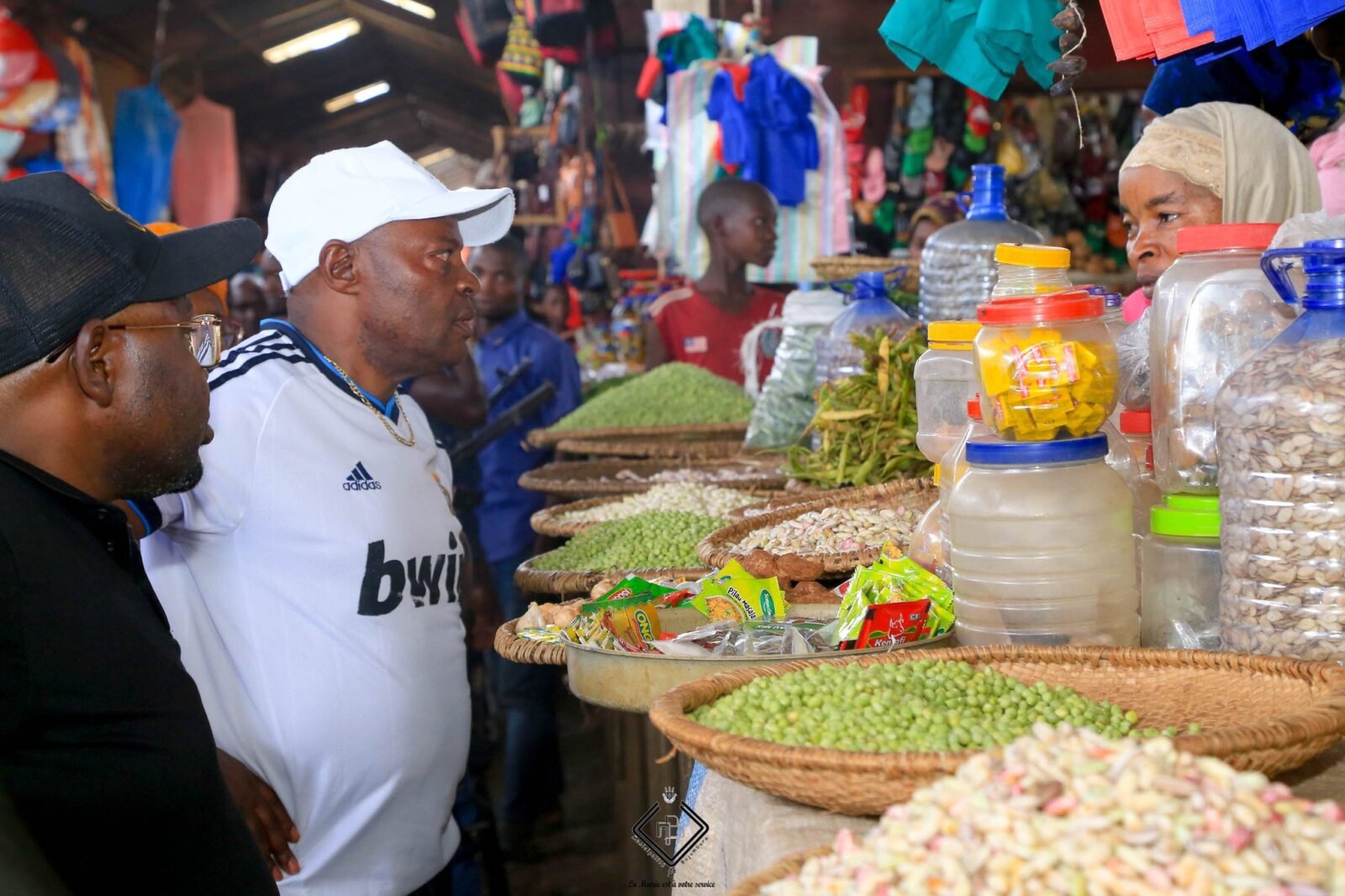


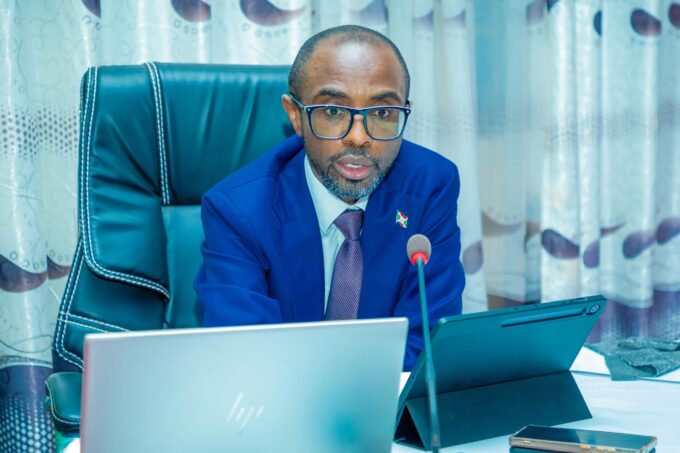
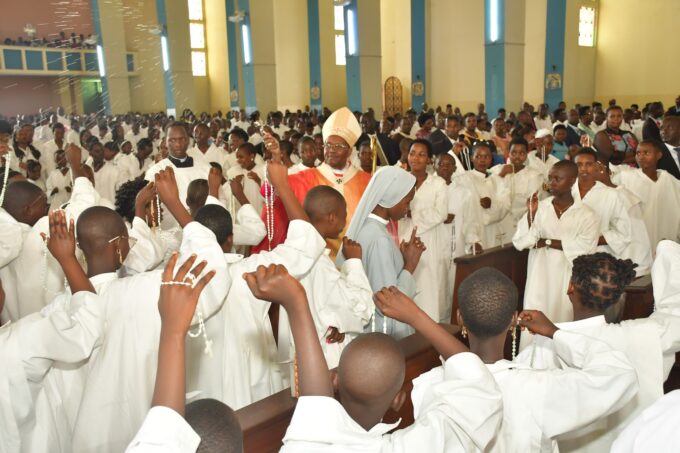
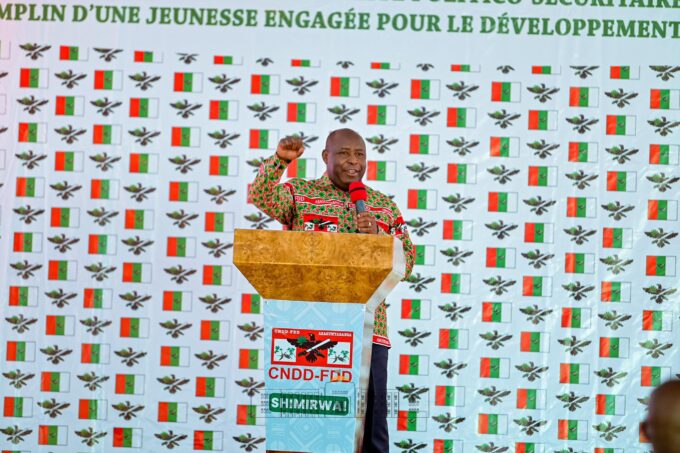
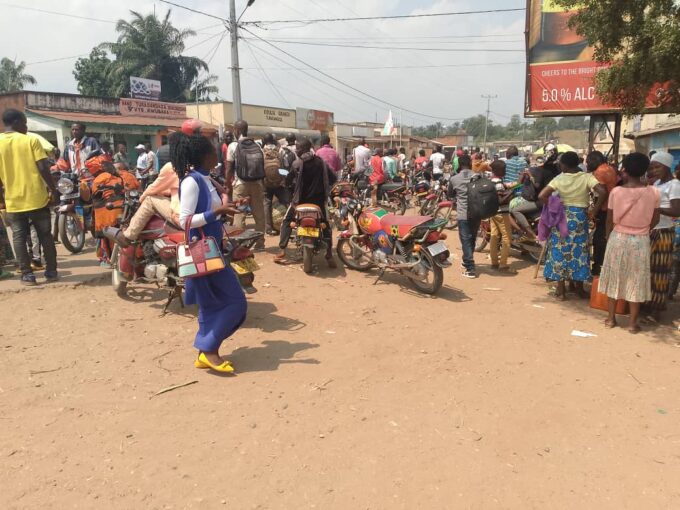
Leave a comment